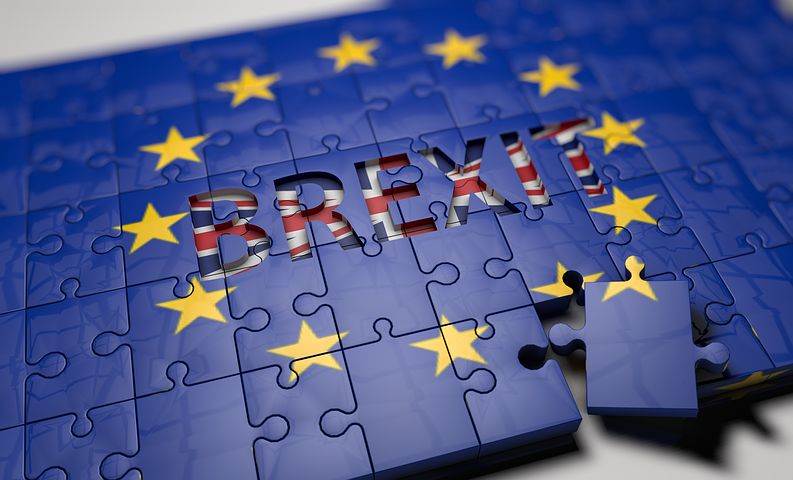 Brexit may be a British project and the UK can certainly leave the bloc with “no deal” by its own sovereign decision, but if it wants a deal, numerous other parties must be satisfied.
Brexit may be a British project and the UK can certainly leave the bloc with “no deal” by its own sovereign decision, but if it wants a deal, numerous other parties must be satisfied.
The official position of the UK government (the law notwithstanding) is that the country will leave the EU on 31st October 2019 with or without a deal, but it would prefer to leave with a deal (and transitional period). In order for this to happen, the first hurdle is that Johnson must convince the EU leaders to accept his deal (or an agreed compromise to it). This would be handled through Michel Barnier, Jean-Claude Juncker and Donald Tusk (all of whom are standing down at the end of the month as the new EU Commission takes over). Should the deal get a green light from these key players, it is very likely that EU states would endorse it, but if a single nation dissented, it would fall. The deal would also require the blessing of the EU parliament which, at the moment, looks set to object to the deal as tabled.
If all of these players decide to agree to a deal, the next hurdle is to get the blessing of a majority in the House of Commons. The position of Labour is that if any deal is accepted that it would have to be conditional upon a confirmatory vote; this would require an extension that Johnson is ruling out. All the other opposition parties are pro-remain and view the latest deal as being substantially less acceptable that the May deal. As we noted yesterday, the DUP appear to have had a volte face over this deal since it would generate a de facto customs border between Northern Ireland and the rest of the UK, something they swore that they would never support. However, if Johnson knows that the EU must reject his deal then he could have assured members of the DUP and his own ERG faction that the “deal” was just a ruse to ensure that a “no deal” Brexit would ensue. He could then blame the EU and opposition parties for refusing to back a deal.
The EU’s reaction to Johnson’s proposals has been to welcome them as a step in the right direction, but to demand that the detail is fleshed out more, demanding that the full 44-page proposal (rather than the seven page summary document) be put in the public arena.
The Irish PM, Leo Varadkar, questioned Johnson’s (Commons) assertion that the proposal would not result in customs infrastructure on the island of Ireland:
“I am reassured by what Prime Minister Johnson said today: that he is not proposing that there should be any new physical infrastructure on the island of Ireland linked to customs or customs checks – but that is actually in contradiction to the papers presented by the UK government yesterday. I don’t fully understand how we can have Northern Ireland and the Republic of Ireland in a separate customs unions and somehow avoid there being tariffs and checks and customs posts between north and south.”
The EU, wisely, is insisting that the position on the deal is resolved ahead of the next EU summit in just under two weeks. The default position in UK law is that Mr Johnson must ask for a three-month extension to the UK’s A50 notice unless he has secured a deal which is endorsed by parliament or parliament votes in favour of a “no deal” Brexit. It is most serious legal analysts’ view that the Benn Act will prove binding on the PM which makes it all the more likely that the current “proposal” is intended to be rejected.
Some of Johnson’s financial backers are reputed to have taken short positions on Sterling fuelling concerns of a conflict of interest involving the PM. In the event of a “no deal” Brexit, most analysts are expecting Sterling to crash in value against other major currencies – inside information on the outcome of Brexit would be extremely valuable to speculators, of course. Naturally, the official position of Downing Street is that such a proposition is baseless and that no conflict of interest can happen since Johnson is working for a deal. Right.
